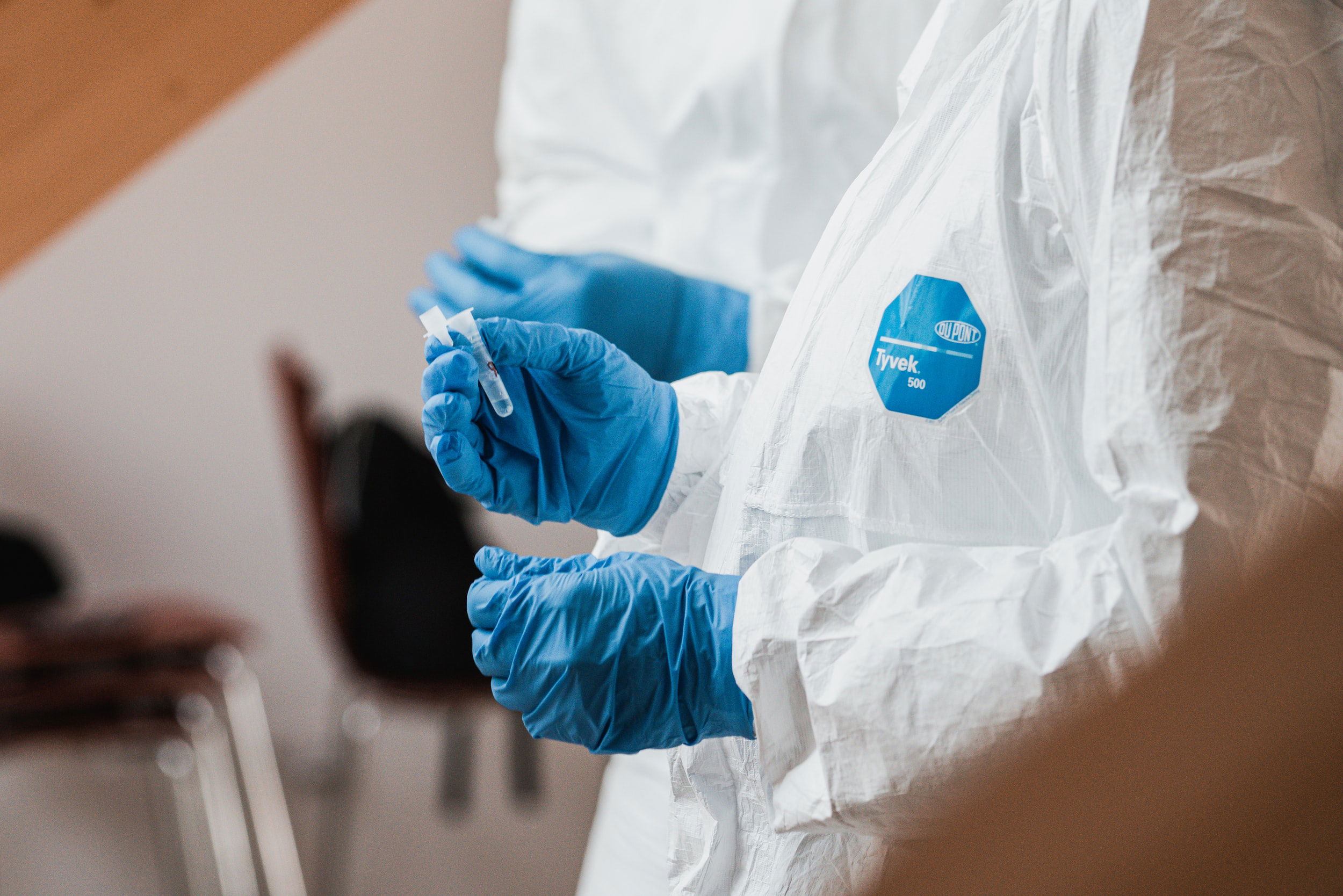What does the new PPE amendment mean for employers?
On the 6th of April 2022, the Personal Protective Equipment at Work (Amendment) Regulations 2022 (PPER 2022) came into force. They amended the 1992 Regulations (PPER 1992) to extend employers’ and employees’ duties regarding personal protective equipment (PPE) to limb (b) workers.
What does this mean for employers?
Under the PPER 1992, every UK employer is responsible for providing suitable PPE, free of charge, to ‘employees’ that are exposed to health and safety risks while at work. Although this duty remains the same, the PPER 2022 extends this duty to ‘workers’, meaning employers now must also provide PPE for contracted workers, also described as limb (b) workers. Generally, workers who come under limb (b)are: -
- Those who carry out casual or irregular work for one or more organisations.
- Those who after 1 month of continuous service, receive holiday pay but not other employment rights such as the minimum period of statutory notice.
- Those who only carry out work if they choose to.
- Those who have a contract or other arrangement to do work or services personally for a reward (the contract doesn’t have to be written) and only have a limited right to send someone else to do the work, for example swapping shifts with someone on a pre-approved list (subcontracting).
- Those who are not in the business for themselves (they do not advertise services directly to customers who can then also book their services directly)
Therefore, from 6 April 2022, under the PPER 2022, employers must now provide any worker who has a contract of service, including casual or irregular workers but excluding those that are self-employed, with the correct PPE to enable them to do their job safely. As they would for their employees, the duties that now fall on the employer are to assess the risks exposed to the worker, provide appropriate PPE free of charge, and ensure that the PPE is correctly used, maintained and stored.

Employers with only limb (b) workers must ensure that workers are provided with PPE free of charge, where required, from the 6th of April 2022. This means assessing the residual risk once all other measures (such as engineering controls) have been taken. You then need to ensure suitable PPE is:
- Provided
- Compatible
- Maintained
- Correctly stored
- Used properly
You also need to provide training and instructions on its usage to all your workers. You cannot charge workers for the PPE required to carry out their work.
How is this legislation enforced?
HSE inspectors already include assessment of PPE as part of their routine inspections. Enforcement action can range from verbal or written advice to enforcement notices and, in the most serious cases, prosecution of duty holders.